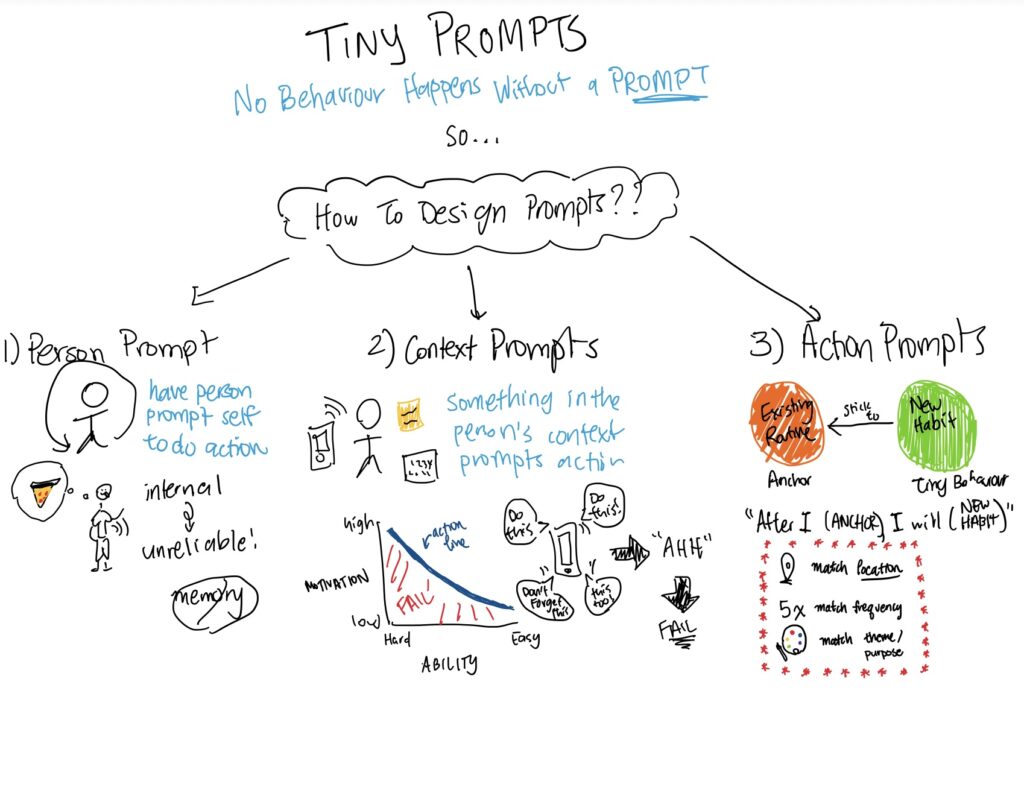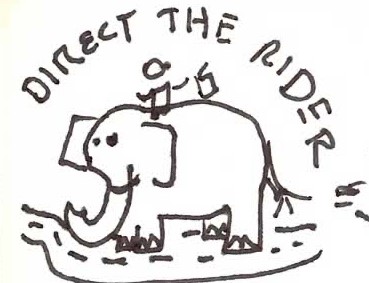PMs are responsible for setting the product’s strategic direction and defining its overarching goals. This means they need to possess a keen understanding of market trends, customer needs, and the competitive landscape. They must ask the right questions and identify opportunities for innovation.
One of the primary tasks of a Product Manager is being the “voice of the customer” within the organization. They are tasked with understanding customer pain points and translating them into product features and improvements. This requires effective communication skills to bridge the gap between customers and the product development team.
Product Managers are strategic thinkers. They create a roadmap that outlines the product’s journey from conception to market launch and beyond. They prioritize features, define timelines, and allocate resources effectively. This strategic planning ensures that the product aligns with the company’s goals and remains competitive.
Product Managers are often described as “mini-CEOs” because they work with multiple teams and stakeholders. They collaborate with designers, developers, marketers, and sales teams to bring a product to life. Effective communication and leadership are essential in this cross-functional role.
In the age of big data, Product Managers rely heavily on data to make informed decisions. They collect and analyze user feedback, usage metrics, and market data to iterate on the product. Data-driven decision-making ensures that the product remains relevant and valuable to users.
The tech industry is known for its rapid changes, and a Product Manager must be adaptable. They must pivot when market conditions change or when new opportunities arise. This flexibility allows them to keep the product on track and seize emerging trends.
Product Managers are problem solvers at heart. They encounter challenges daily, whether it’s balancing conflicting stakeholder interests or finding creative solutions to technical roadblocks. Their ability to think critically and problem-solve is crucial to their success.
The tech industry evolves constantly, with new tools, methodologies, and technologies emerging regularly. Product Managers must be committed to continuous learning to stay at the forefront of their field. They attend conferences, read industry publications, and engage with the tech community to remain informed.
Ultimately, a Product Manager is responsible for the success or failure of a product. They bear the weight of making tough decisions and must take accountability for the outcomes. This level of responsibility can be challenging but also immensely rewarding when a product succeeds.
I guess one thing I’m curious about is: I have a lot of friends only a few years older than myself working as PMs now, and I was wondering how they kind of manage the age gap between themselves and the people they work with & manage, as I imagine my friends are on the younger side.



